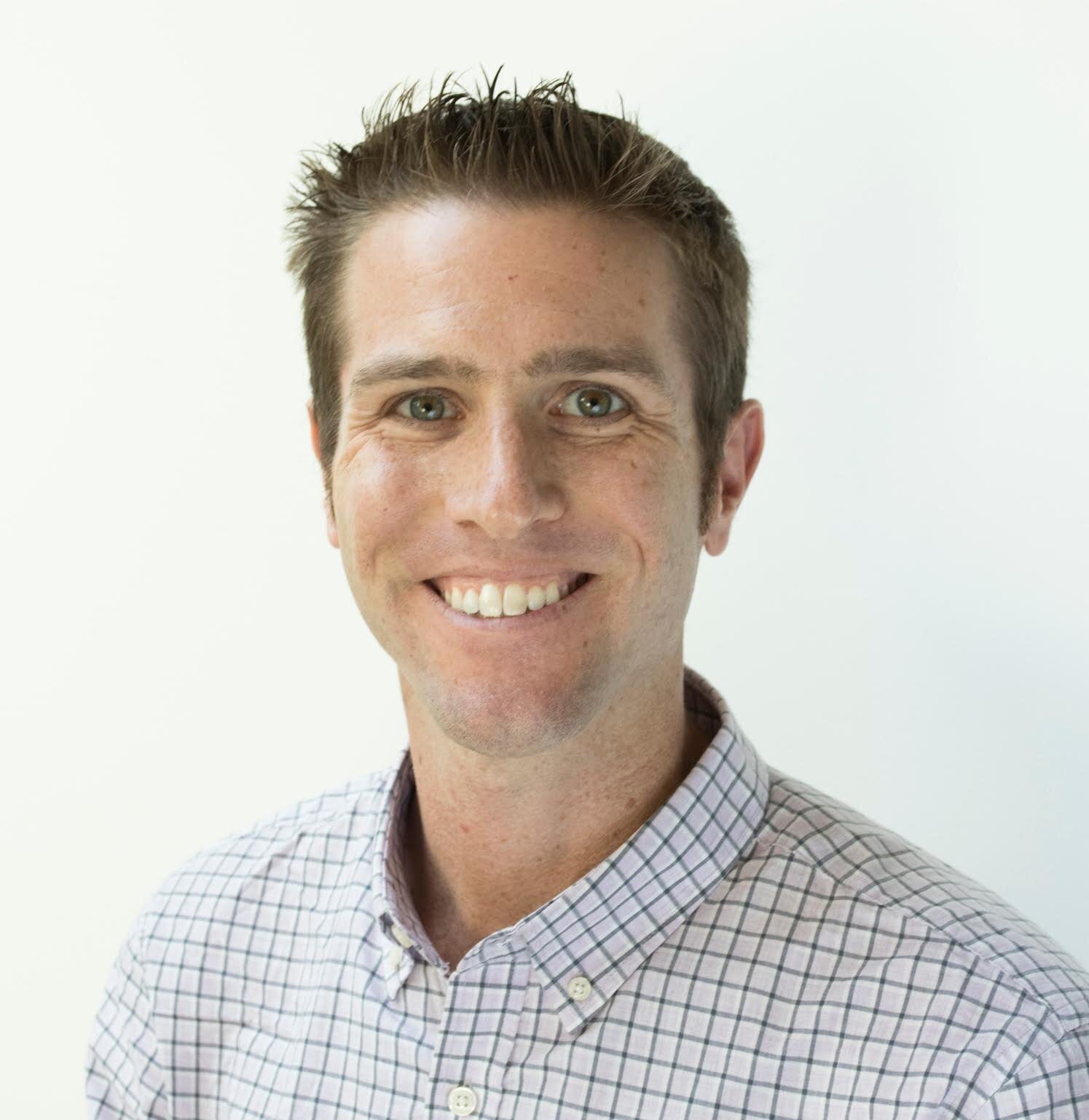Questionnaire for Media: Andy Altman, CNET
ERPR’s series, “Questionnaire for Media,” features members of the media and asks about their lives and careers.
I connected with Andy Altman, a Senior Producer at CNET.
How did you first get into journalism? What was your first job in journalism?
When I was growing up I wanted to be a radio DJ so I could talk about music all day. I went to the University of Washington for undergrad where I was on the rowing team. Through a career event put on by the athletic department there I met a producer for Fox Sports who eventually offered me an internship. I had never thought about TV or video before that, but it seemed like a good way to get into broadcasting. I was lucky to be working with a great team that let me practice being on camera and taught me video editing and scripting. After that, I landed my first full-time job as a news writer and producer for a 24-hour cable news network in Seattle. I spent my first two years waking up at 3 am to work the morning shift.
How do you decide what you write or publish?
I work in video so for me visuals are key. If there aren't compelling pictures, it's difficult to keep people's attention for more than a few seconds. That's why I like to cover a lot of futuristic technologies and trends. People love to see tech they've never seen before or didn't even know existed. Since our content is distributed across multiple platforms, we must be mindful of the different audiences. There are certain categories that we know will work on YouTube, that won't necessarily perform as well on CNET.com and vice versa.
What is the most interesting news story you’re following right now that you’re not covering?
Even with the coronavirus dominating the headlines, it's hard for me to pick anything besides today's political and social climates. I don't think it's too hyperbolic to say we're seeing unprecedented moves and actions from our leaders every day as we get closer to the next presidency, and we're in the middle of radical changes across so many social issues. I think we're going to look back at these last few years as a major turning point in our country.
If you weren’t in journalism, what would you be doing?
I was an athlete in high school and college and was always really interested in how my injuries were treated. After having spent more time than I care to admit in training rooms with ice packs, I seriously considered going into athletic training or physical therapy.
What do you read or watch every morning?
The first thing I do when I wake up is listen to NPR as I'm getting ready to start the day. Once I'm at my computer I start skimming headlines in daily science journals and other tech publications like New Atlas and Futurism.
Which talent would you most like to have?
I play mediocre guitar and would love to be able to write songs. I can write a 20-minute video script about artificial intelligence but can't write a three-minute song to save my life.
Who are your favorite writers?
Samuel Clemens will always be one of my favorites. I still re-read his classics every few years. I've also always loved David Halberstam. He had such a unique ability to write so beautifully across a wide range of topics.

